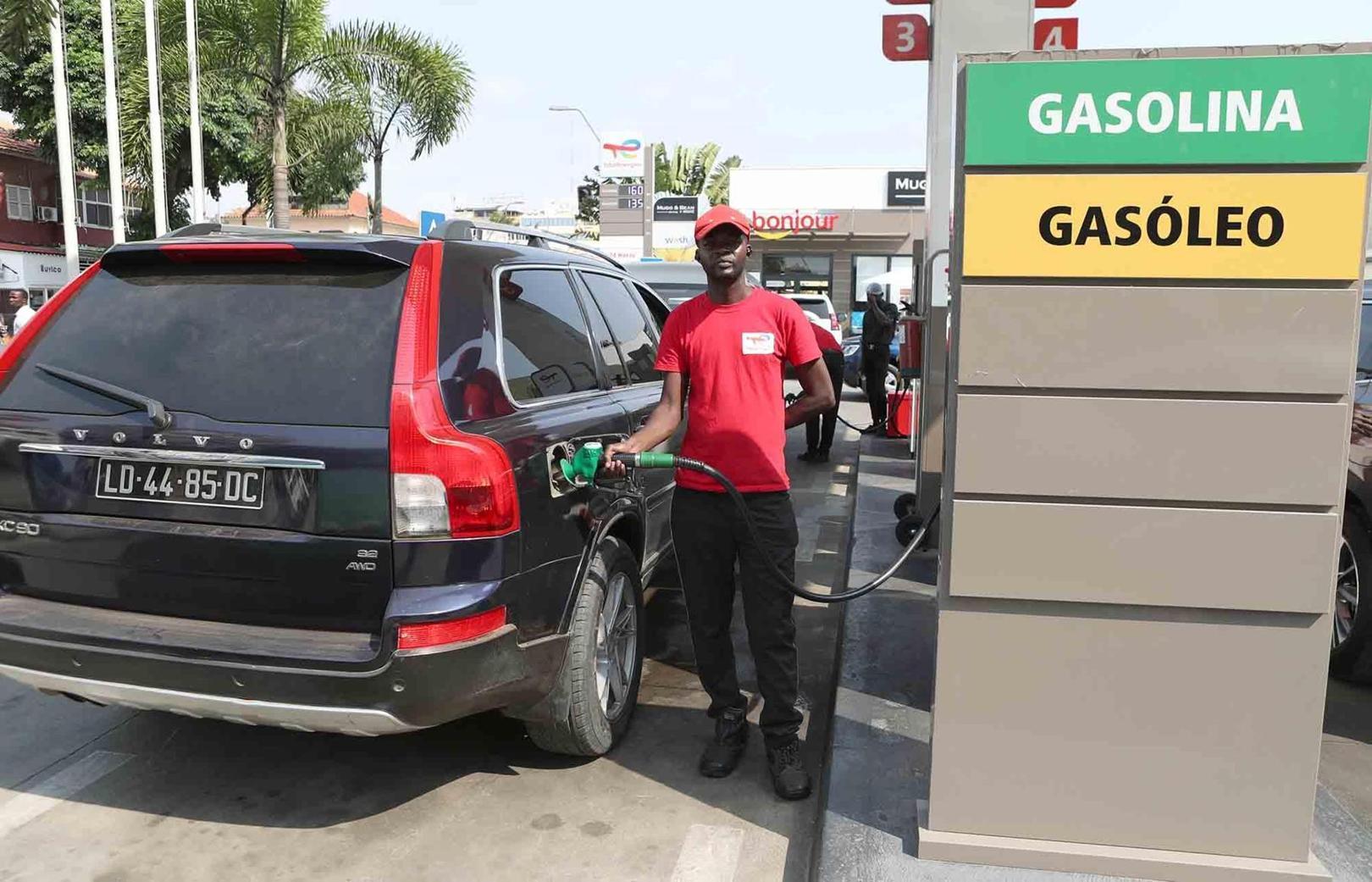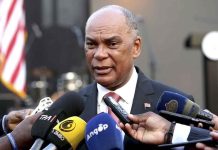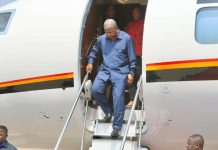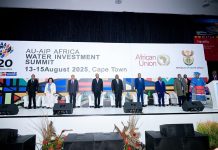Africa-Press – Angola. The process of gradual withdrawal of fuel subsidies in Angola will take place until 2025, the estimated period for the end of the total subsidy for gasoline and diesel, said this Thursday, in Luanda, the Minister of Finance, Vera Daves de Sousa .
When interacting with different specialists (economists, lawyers and sociologists) from Angolan society, regarding the announcement of the partial cut in gasoline subsidies, carried out yesterday, the official referred that, at the end of the foreseen period, gasoline and diesel will be traded at the actual market price.
As a result, by 2025, the real price of gasoline, which from midnight on the 2nd of June will rise from 160 to 300 kwanzas/litre, will rise to Kz 530, without any State subsidy.
According to Vera Daves de Sousa, the partial cut in the gasoline price subsidy will allow the State to save 400 billion kwanzas this year, representing a weight of 40 percent in fuel subsidies.
However, the process of withdrawing the fuel subsidy “does not foresee covering butane or cooking gas or lighting oil”, according to the Minister of Finance.
Until December 2022, market prices stood at 452%, 578%, 202% and 279% above the prices set, respectively for LPG (kitchen gas), Illuminating Oil, Gasoline and Diesel, having generated subsidies at prices of Kz 551 billion, Kz 1.2 billion, and Kz 1.98 billion, respectively in the years 2020, 2021 and 2022, totaling Kz 3.73 billion for the period in question.
The data collected show that in 2022, the State assumed a total subsidy of Kz 1.98 billion, with diesel being the fuel that represents the greatest weight of this expense, worth Kz 1.35 billion, which corresponds to 68.1 % of the total, followed by gasoline with a value of Kz 458.78 billion, corresponding to 23.2% of the total.
Experts advocate improvements in the application of withdrawn subsidies
During the meeting with members of the Government, the different specialists agreed with the gradual withdrawal of the fuel subsidy, but defended greater transparency and quality spending with the money to be collected as a result of this measure.
For example, the Angolan sociologist Tânia de Carvalho advocated the need for the respective subsidies to have a direct impact on the lives of citizens and companies, providing motivation for paying taxes required by the State.
For economist Carlos Rosado de Carvalho, the success of this process will depend a lot on how the value resulting from the subsidy cut will be applied.
The specialist considered the measure as a less bad solution, but it starts in a timid and “sin” way due to the fact that it covers only gasoline, instead of also affecting diesel, a derivative that weighs more than 60% in fuel subsidies.
“I have some doubts about the effectiveness of the current measure, because it falls far short of what is needed for the country”, he said.
Therefore, Carlos Rosado de Carvalho advocates the creation of a clearer and more comprehensive plan for the gradual withdrawal of fuel subsidies, defining concrete deadlines, with a direct impact on citizens’ lives.
The announcement of the partial withdrawal of fuel subsidies comes seven years after the last rise in the prices of these oil derivatives, which took place on January 1, 2016.
At that time, the price of a liter of gasoline rose from Kz 115 to Kz 160, while diesel “soared” from Kz 90 to Kz 135.
For More News And Analysis About Angola Follow Africa-Press






